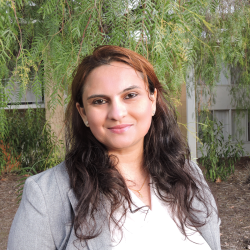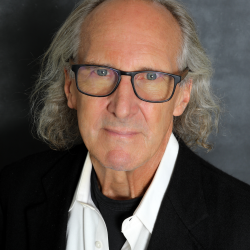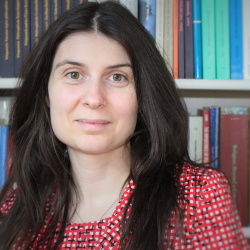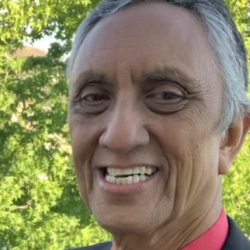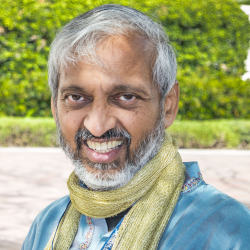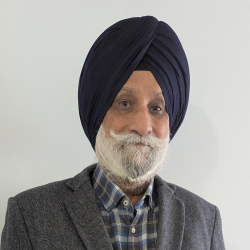
Series
Buddhist Compassion: Rest, (Non)action and Responsibility
Nov 04, 2025
11:00 - 12:00 PM PST
Presenter: Anna Halafoff, Associate Professor, Deakin University, Australia.

Anna Halafoff is Associate Professor in Sociology of Religion and Religious Studies at Deakin University, Australia. Her research expertise includes spirituality, Buddhism, religious diversity, and interreligious relations. Her current major projects are on ‘Buddhism in Australia: Belonging, Wellbeing and Social Engagement’ and on ‘Spirituality in Australia: Wellness, Wellbeing and Risks’. Anna's most recent books are on Freedoms Faiths and Futures: Teenage Australians on Religion, Sexuality and Diversity (Bloomsbury, 2021) and on Religious Diversity in Australia: Living Well with Difference (Bloomsbury, 2024). She is also a qualified yoga and meditation teacher, and has practiced both for over 35 years, mainly in Tibetan Buddhist traditions.
Buddhist Compassion: Rest, (non)action and responsibility
Compassion is a central Buddhist principle, extended to all lifeforms including oneself. This presentation will explore Buddhist understandings of compassion, with a particular emphasis on Dzogchen Buddhism. Compassion can be cultivated or arise spontaneously, given it is a quality of what is known as 'Buddha nature' or the underlying 'natural state'. We will explore Dzogchen's emphasis on rest, (non)action and compassionate responsibility – the wish to free all beings from suffering – and implications this may have for social and environmental justice, both on and off the meditation cushion.
Related Courses
Self-paced
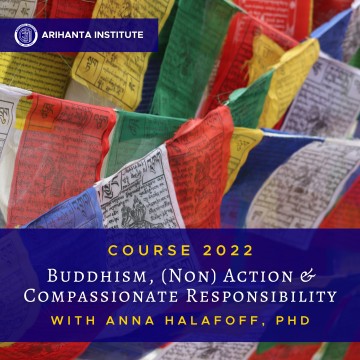
2022 | Buddhism, (Non)Action & Compassionate Responsibility
$99.00 USD
Added to cart
2022 | Buddhism, (Non)Action & Compassionate Responsibility
This course explores Buddhist understandings of compassion, with a particular emphasis on Dzogchen Buddhism. Compassion is a central Buddhist principle, and is typically defined as the wish to free beings from suffering. Consequently, Buddhist teachers provide instructions on how to cultivate compassion extended to oneself, to other humans and all forms of life. This course explores these Buddhist teachings and practices, including Dzogchen’s emphasis on rest and (non)action in which compassionate responsibility naturally arises. All suggested course readings are provided as links or pdfs throughout the course. Learning ObjectivesAfter taking this course, students will be able to:Understand the centrality of compassion in diverse Buddhisms.Practice Loving Kindness and Compassion (Tonglen) Meditations for oneself and others, in a secular or Buddhist way.Realize the importance of rest and (non)action for generating compassionate responsiveness to all forms of life, including oneself.
$99.00 USD
Instructor
Enrollment Options
14-DAY FREE TRIAL
- Free, unlimited access to our self-paced courses for 14-days.
- Already used your free trial? Enroll in our Monthly or Annual Membership options at anytime and continue learning immediately!
MONTHLY MEMBERSHIP
- $45 USD / Month
-
Immediate access to course
#### | Name. - Unlimited access to our live and self-paced courses for one month, with month-to-month auto rollover.
- Excludes graduate seminars, language courses, and courses hosted on partner platforms.

 Anna Halafoff
Anna Halafoff
